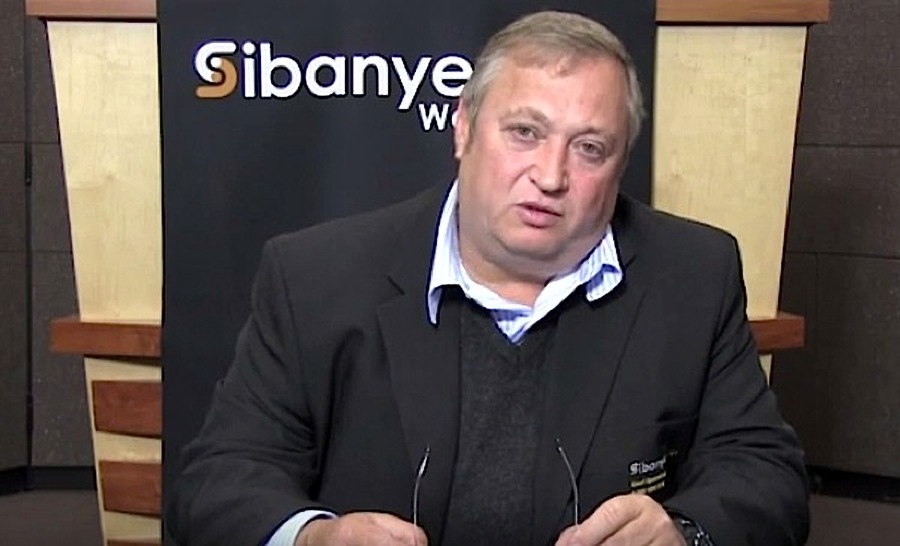Sibanye CEO eyes future gold M&A of $5 billion

Sibanye-Stillwater may consider targeting a future acquisition worth as much as $5 billion to expand its gold portfolio, potentially in North America.
Once the Johannesburg-based producer resumes dividend payments and trims its debt load, it would be in a position to accelerate its focus on M&A, chief executive officer Neal Froneman said in an interview, adding that the company is also weighing a switch in its primary listing to the U.S.
“I think we’re underweight in gold,” Froneman said, speaking on the sidelines of the BMO Global Metals & Mining Conference in Florida. “If you’re going to move the needle, you have to look at four, or five, billion dollar acquisitions.”
Sibanye is likely to target North America-based gold producers with multiple assets, and may also in the future consider adding battery metals
Sibanye is likely to target North America-based gold producers with multiple assets, and may also in the future consider adding battery metals, he said. The producer is focused in the short-term on plans to resume dividend payments this year and on bolstering its balance sheet.
Along with competitors such as Anglo American Platinum (LON: AAL), Sibanye is benefiting from a sharp rally in prices of palladium and rhodium, and said earlier this month it had rebounded to a profit in 2019 after posting a loss a year earlier.
Stricter vehicle emissions standards, including in China, are spurring more demand for the metals, which are used to curb vehicle emissions.
While there’s no indication that prices of palladium are in a bubble, the industry is likely to see customers substitute the material for platinum, Froneman said. “You might see palladium come back a bit,” he said. “You’ll certainly see platinum increase.”
New York, Toronto or London are possible target locations as Sibanye pursues plans to move its main stock exchange listing outside of South Africa. “The work we’ve done so far suggests that New York is the better point for a company like ourselves,” Froneman said.
Sibanye shares slumped as much as 8.5% in Johannesburg. The stock has almost tripled over the past 12 months.
South Africa currently isn’t an investor friendly destination and reforms by President Cyril Ramaphosa’s government have been too slow, according to the executive.
(By Danielle Bochove and David Stringer)
{{ commodity.name }}
{{ post.title }}
{{ post.date }}




Comments